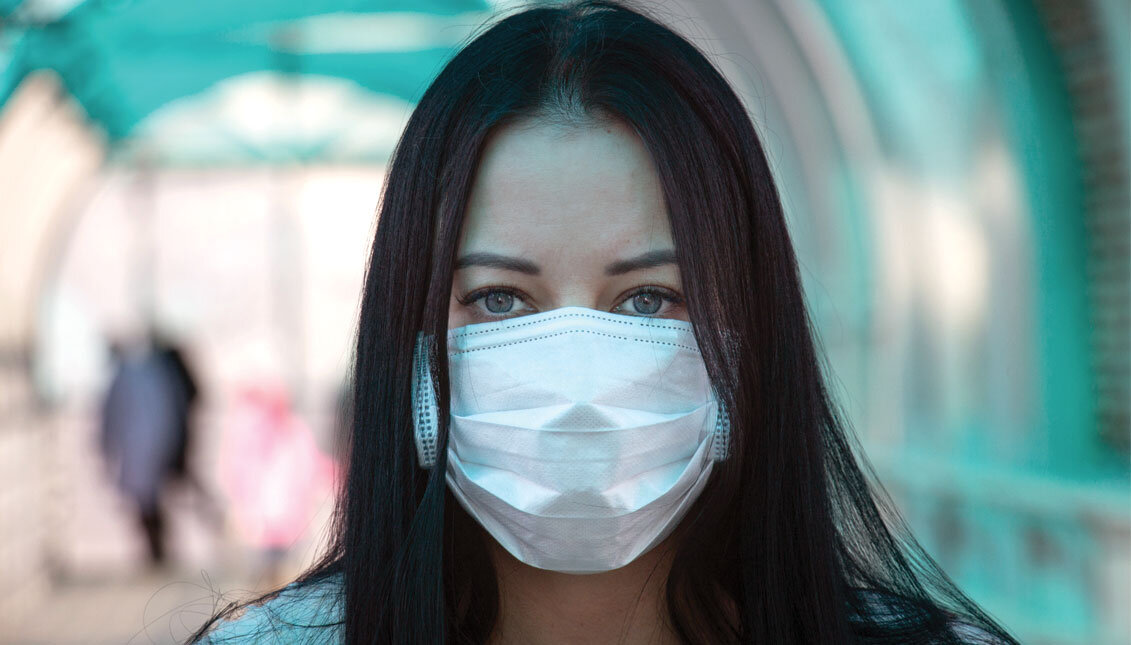By Ben Twomey/ Open Democracy/ – As England enters its second national lockdown due to the COVID-19 pandemic, police officers continue to go to work to keep us safe. They are still responding to emergencies, investigating murders and finding missing people. Among the traditional police work though, our police are taking on new roles. Breaking up house parties and handing out substantial fines to individuals and businesses who break COVID-19 rules have become part of the job.
In the interests of public health, this pandemic has seen our liberties curtailed more significantly than any time since the Second World War. While polls suggest that many agree with the principles of the new measures, the situation has also introduced a challenge for the police and their legitimacy.
Discussions around policing practices in the US have dominated British media of late. Without getting into theories of ‘bad apples’ versus ‘structural oppression’, the footage and images that stream in from the US can go a long way in shaping our opinion of police officers and perception of policing here.
The democratisation of policing
Disturbingly, many of the shocking scenes of police brutality and racism that we see in the US take place under the command of elected Sheriffs. So, does democracy really give us better policing? Should power be better shared with the public to be seen as legitimate? Should we have a clearer say over the institutions that regulate our lives?
The UK introduced Police and Crime Commissioners in 2012 in what some called the ‘Americanisation’ of British policing. These are directly elected officials responsible for deciding police strategy and holding their local police force to account on behalf of the public. Their powers also include setting the police budget and hiring or firing the local Chief Constable.
Police and Crime Commissioners are supposed to bring the principle of ‘policing by consent’ to life. Almost two hundred years after the modern police were founded, the public would have the opportunity to explicitly consent, by way of voting, to how they are policed.
The problem in 2012 was that very few people took that opportunity. Less than one in six people participated in choosing their Police and Crime Commissioner. Four years later, this rose to one in four, but this was largely because the election date then coincided with local council elections that had a higher turnout.
Another election was due in 2020, but was postponed by the government until at least May 2021 because of the pandemic. This means every strategic policing decision made locally this year is done so with a mandate from the government, while the mandate from local people has expired.
This could be a serious problem, as so many new laws have been, and still are being, brought in by the government in response to COVID-19. Many are being introduced without parliamentary scrutiny, but most definitely with the assumption that the police will be the ones to enforce such rules.
Once confined to the cities, anti-lockdown protests are already spilling out into towns. If polls are to be believed, most people are still in favour of lockdowns to control the virus, but the policing of protests has always been a contentious issue and has now been thrust into the limelight. The Home Secretary has even called for police to stop protests of two or more people. The government may have banned protests, but enforcing this ban remains an operational decision for the Chief Constable, guided by the strategy of their Police Commissioner (or Mayor if in London or Greater Manchester). The approach to policing the grey areas of legitimate or illegal protest is therefore almost entirely down to local discretion.
Article originally published on Open Democracy. Read the full article here






